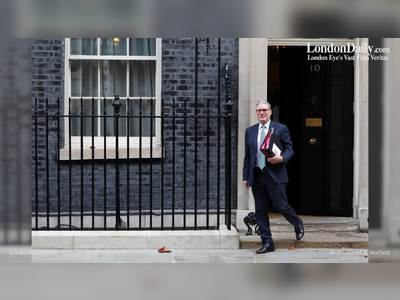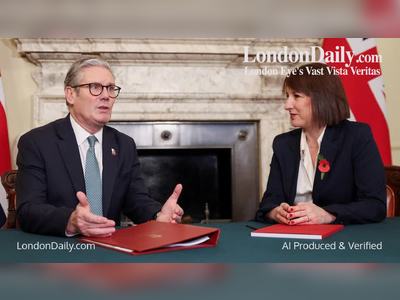
UK Government Announces Major Cuts to Refugee Rights in Asylum Overhaul
Labour administration to end automatic settlement and family-reunion rights for recognised refugees as part of sweeping migration reforms
The UK government has unveiled proposals to reduce protections for refugees under the forthcoming overhaul of the asylum system, signalling a major shift in how Britain handles forced-migration cases.
Under the reforms, individuals granted refugee status will no longer be guaranteed indefinite leave to remain after five years and the automatic right to bring family members to the UK will be withdrawn.
Interior Minister Shabana Mahmood said the measures form part of the government’s ambition to create a “controlled, selective and fair” immigration system.
Settling permanently would now depend on meeting new requirements such as significant social-security contributions, a clean criminal record, proficiency in English and engagement in community activity, and the qualifying period may extend to ten years.
Family-reunion rights have already been suspended with effect from September, and the new policy reinforces that decision by removing the automatic entitlement for future arrivals.
The government maintained that core protections will remain for refugees and assured that it will not return people to countries where they face persecution, but acknowledged that settlement would no longer be automatic.
The reforms are described as the “largest overhaul of asylum policy in modern times” and are being driven in part by a rise in small-boat crossings and pressure to reduce net migration.
The government also announced parallel changes to the appeals system, with the introduction of faster tribunals and revised move-on periods in order to reduce the number of people waiting in temporary accommodation.
Human-rights organisations and refugee charities have raised concerns that the changes could leave newly recognised refugees in precarious limbo without clear rights to settle or bring their families.
Legal experts note that the shift may conflict with the UK’s commitments under the Paris-based refugee convention, which guards against backsliding in refugee protections.
For now, the full details of the reform—such as the threshold for settlement, effect on existing refugees and timeline for implementation—are still to be confirmed in upcoming legislation and statutory instruments.
Under the reforms, individuals granted refugee status will no longer be guaranteed indefinite leave to remain after five years and the automatic right to bring family members to the UK will be withdrawn.
Interior Minister Shabana Mahmood said the measures form part of the government’s ambition to create a “controlled, selective and fair” immigration system.
Settling permanently would now depend on meeting new requirements such as significant social-security contributions, a clean criminal record, proficiency in English and engagement in community activity, and the qualifying period may extend to ten years.
Family-reunion rights have already been suspended with effect from September, and the new policy reinforces that decision by removing the automatic entitlement for future arrivals.
The government maintained that core protections will remain for refugees and assured that it will not return people to countries where they face persecution, but acknowledged that settlement would no longer be automatic.
The reforms are described as the “largest overhaul of asylum policy in modern times” and are being driven in part by a rise in small-boat crossings and pressure to reduce net migration.
The government also announced parallel changes to the appeals system, with the introduction of faster tribunals and revised move-on periods in order to reduce the number of people waiting in temporary accommodation.
Human-rights organisations and refugee charities have raised concerns that the changes could leave newly recognised refugees in precarious limbo without clear rights to settle or bring their families.
Legal experts note that the shift may conflict with the UK’s commitments under the Paris-based refugee convention, which guards against backsliding in refugee protections.
For now, the full details of the reform—such as the threshold for settlement, effect on existing refugees and timeline for implementation—are still to be confirmed in upcoming legislation and statutory instruments.










